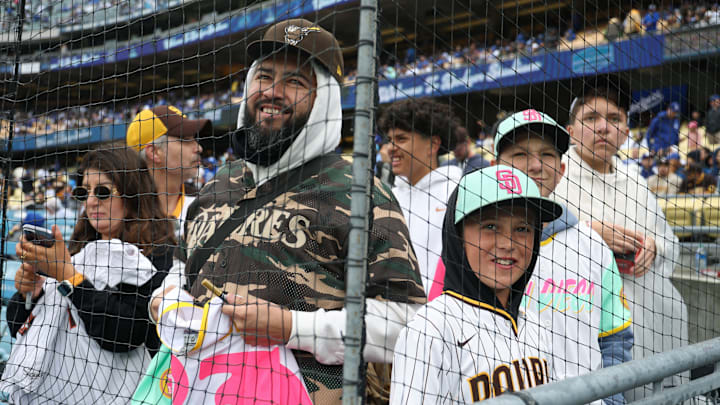The elephant in the room for the San Diego Padres has been the future of their TV broadcast rights and how all of that will shake out. Once Diamond Sports jettisoned broadcasting Padres games during their ongoing bankruptcy proceedings, the entire revenue and payroll picture for the team got turned upside down. San Diego has been able to piece together a short-term solution for fans that don't want to buy MLB TV, but their long-term future is very much up in the air.
However, there was still the matter of what Diamond's screwage of the Padres needing to be sorted out in the courtroom as the Padres had sued them to try and recover some of their lost revenue from when Diamond declined to pay the team. On Thursday, it was revealed via multiple reports that the lawsuit was settled between the Padres and Diamond, although the news was still not great.
Padres receive a fraction of lost TV revenue in lawsuit settlement with Diamond
Initially, San Diego sought $162 million in damages in their lawsuit, but the idea that Diamond/Bally even had that much to give the Padres was always a pipe dream. Having to settle for just $17 million given how much revenue the team has lost is a bitter pill to swallow and further emphasizes why the Padres had to cut their payroll so much this past offseason.
What the future holds for Padres TV broadcasts is very unclear. Even if Diamond is successful in emerging from bankruptcy thanks to their infusion of cash from Amazon, they will not have the rights to broadcast San Diego's games and there is almost no chance the team would sign up to do business with them again.
There is a hearing coming in the middle of June regarding Diamond's attempts to exit bankruptcy, and how that hearing goes could determine how the Padres (along with over a dozen other teams for that matter) can and will proceed in trying to navigate an increasingly challenging TV sports broadcasting landscape.
